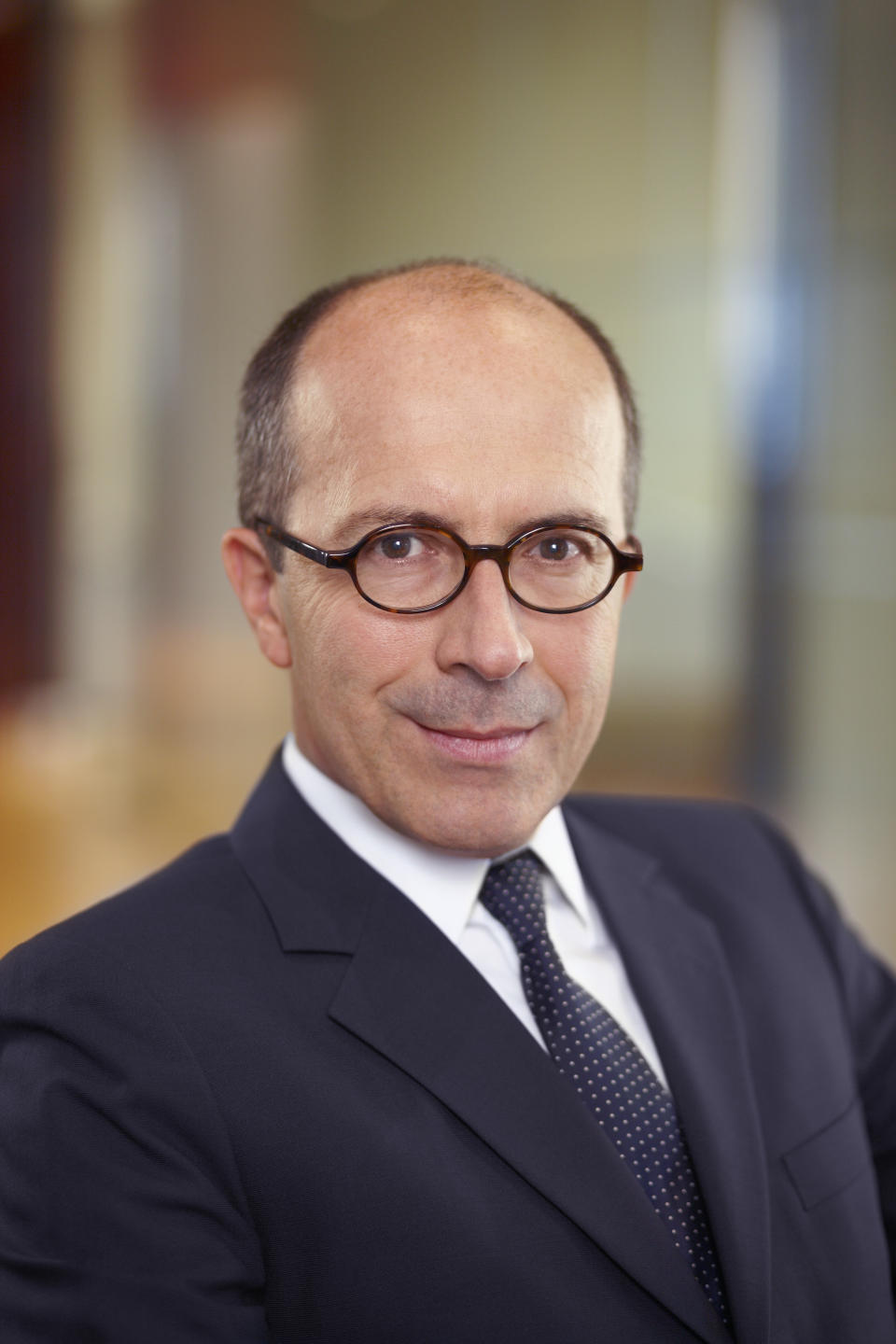Jean-Marc Loubier Returns as Delvaux’s CEO

You can go home again.
Jean-Marc Loubier, the executive who led the rejuvenation and global expansion of Delvaux in the 2010s, is returning to the Belgian accessories firm for a second stint as chief executive officer, partnering now with its new owner Compagnie Financière Richemont to lead the next phase in its development.
More from WWD
In a statement seen first by WWD, Richemont said Loubier’s mission is to “realize the full potential of the maison, at the pinnacle of the high-end leather goods market.”
He starts today and reports to Philippe Fortunato, CEO of Richemont’s fashion and accessories maisons.
Over the summer, Richemont acquired 100 percent of Delvaux from First Heritage Brands, a vehicle of Hong Kong billionaire brothers Victor and William Fung, who had already exited their other European fashion investments, Sonia Rykiel and the shoemaker Robert Clergerie, as reported.
Loubier, as CEO of First Heritage Brands, led the acquisition of a majority stake in Delvaux in 2011 with Singaporean state investment company Temasek.
According to Richemont, Loubier “defined and executed a bold and successful strategy which positioned Delvaux as one of the most interesting brands at the apex of the international luxury market. This success, coupled with a rich and always innovative experience gained in leading other global luxury brands, will be key to write the next chapter of the maison.”
It is understood the energetic, bespectacled executive grew Delvaux’s sales from 18 million euros up to about 120 million euros as the brand pushed into China, South Korea and Japan, and opened flagships on New York’s Fifth Avenue, Bond Street in London and the Palazzo Reina in Milan. The proportion of sales generated outside of Belgium increased from 3 percent to about 85 percent, while the store network increased from 10 to 50 under the ownership of First Heritage Brands.

Courtesy Photo
In addition, the brand made links to the art world, joining forces with the Magritte Foundation to sponsor exhibitions and collaborate on capsule collections.
Loubier stepped down as Delvaux’s chairman and CEO in 2019 and subsequently divested his minority stake in the company, while maintaining a deep affection for the brand and a belief in its potential under the right ownership.
He is an industry veteran who previously worked at LVMH Mo?t Hennessy Louis Vuitton for 16 years, including 10 as executive vice president of Louis Vuitton. He went on to become the CEO of fashion houses Celine and Escada.
At Delvaux, he succeeds Marco Probst, who also had two stints as CEO of the Belgian firm.
Founded in 1829, Delvaux is considered the oldest luxury leather goods house in the world, the first to file a patent for leather handbags in 1908, and one of the first luxury goods firms to introduce seasonality into its collections in the 1930s. It has been an official supplier to the Belgian royal court since 1883, and boasts a meticulous archive of more than 3,000 styles, all patented.
Delvaux is headquartered in Brussels, and has a workshop that produces prototypes and exceptional, made-to-measure products. It also has two production sites in France, the Avoudrey site in the Doubs region and Bourg-Argental site in the Loire region in Eastern France. The house’s signature Brillant handbag, launched in 1958 and still made using the inside-out passepoil technique, represents around 10 hours of skilled work.
To be sure, Delvaux is the kind of storied luxury property that appeals to Richemont chairman Johann Rupert, who has a penchant for buying smaller-scale brands and expanding them, as he did famously with Van Cleef & Arpels and Panerai.
At the time of the acquisition, Fortunato lauded Delvaux’s “strong heritage, distinctive savoir faire and exceptional manufacturing capabilities” and added that its “rich archives and creative momentum over the last 10 years represent a solid foundation from which to grow the company for the long term, strengthening Richemont’s presence at the pinnacle of the leather goods category.”
Last year, Richemont brought in Fortunato, a seasoned executive from LVMH, to lead its fashion and accessories maisons, which include Chloé, Dunhill, Maison Ala?a, AZ Factory, the golf and luxury performance apparel brand Peter Millar and Serapian.
Richemont is also the parent of Cartier, Montblanc and a bevy of luxury watch brands including A. Lange & S?hne and IWC.
SEE ALSO:
Richemont Grows Leather Goods With Delvaux Purchase
Richemont Nabs LVMH Veteran to Head Fashion Division
Sign up for WWD's Newsletter. For the latest news, follow us on Twitter, Facebook, and Instagram.
Solve the daily Crossword

